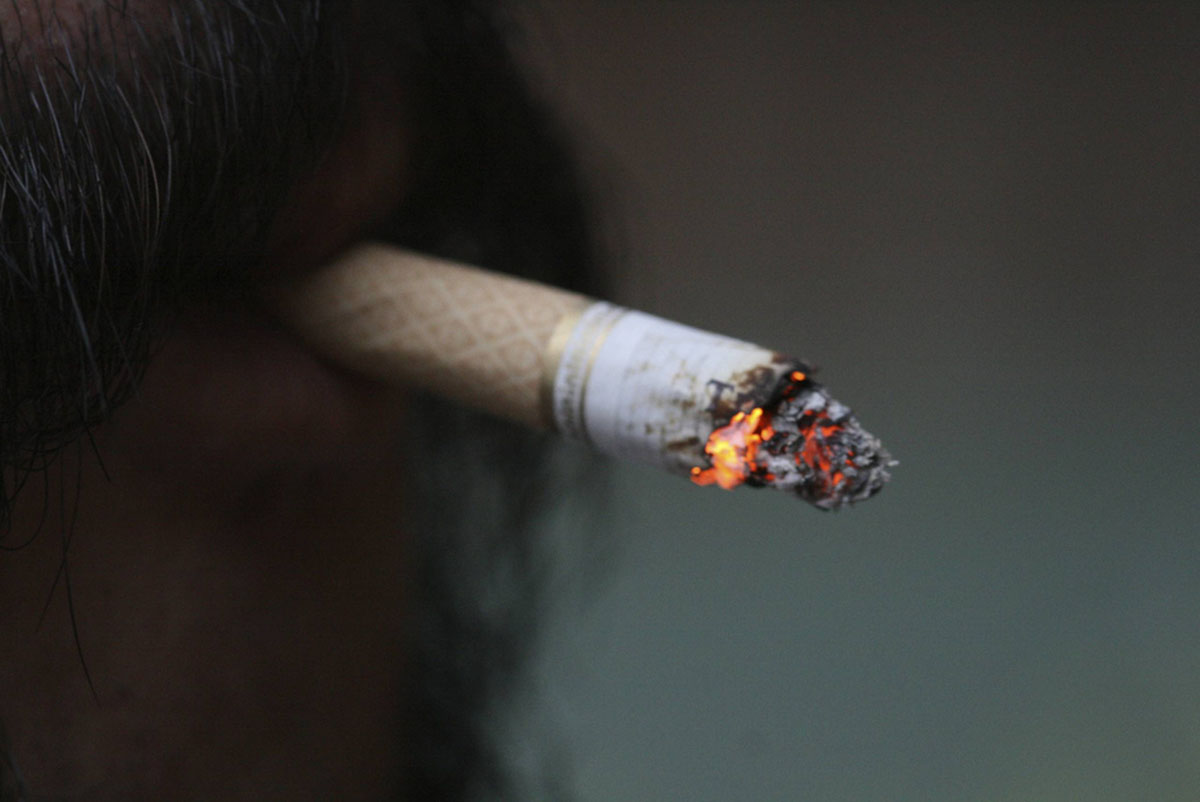Table of Contents
Although more research is needed, it appears lung cancer screening via CT scan may reduce cancer deaths in certain populations. But as with many diagnostic tests, the risks and benefits must be weighed.

Risks And Complications Of Lung Cancer Screening
Computerized tomography scans have been in use for decades. They are considered safe, but they do involve low levels of radiation exposure. In many cases, the level of radiation a person is exposed to during a lung screening is not considered dangerous.
According to the American Cancer Society, one downside to lung cancer screening is false positive results can occur. This means the CT detects an abnormality, but it turns out not to be cancer.
Although that is great news, the initial positive finding often leads to additional lung cancer testing. More invasive tests, such as a needle biopsy or surgery to have a section of the lung removed may be performed. Many times the more invasive the procedure, the higher the risk of complications. Patients who have a false positive lung cancer screening may undergo invasive tests that they did not need.
People considering lung cancer screening should also be aware the opposite can happen. Lung cancer may be present, and the CT scan can miss it. This may create a false sense of security. In addition, it is important to keep in mind, a negative CT scan does not mean cancer is definitely not present. It just means it was not detected on the scan.
Screening Results: Now What?
If you and your doctor decide you are an appropriate candidate for lung cancer screening, waiting for the results may be nerve-wracking. After undergoing a CT scan for lung cancer screening, a radiologist will review the results and interpret the findings. The results are then sent to your doctor.
Most medical facilities use electronic medical records, which can speed up the process. There is not an exact time in which test results will be ready. Speak to your doctor before the scan to get an idea of how long you will wait to learn your results.
Once the results are available, your doctor will either call you or schedule an appointment in person to review the findings. If your scan results are negative and do not indicate cancer is present, your doctor will let you know if you should undergo a scan again in the future.
Once further testing is completed, your doctor will meet with you to review all results. If lung cancer is confirmed, treatment options will be discussed.
Treatment for lung cancer depends on the stage of the disease, age of the patient and underlying health problems present. Although it may not always be the case, lung cancer found through CT screening may be at an early stage.
See Also: What A Lung Cancer Survivor Can Teach Us About Lung Cancer Survival
Your doctor will likely refer you to an oncologist who will provide you with treatment options and recommendations. Surgery, chemotherapy and radiation therapy may be used to treat lung cancer. In some instances, all three types of treatments are used.
- www.cdc.gov/cancer/lung/basic_info/screening.htm
- www.lung.org/lung-disease/lung-cancer/lung-cancer-screening-guidelines/lung-cancer-screening.pdf
- www.cancer.gov/cancertopics/pdq/screening/lung/Patient/page3
- Photo courtesy of Pulmonary Pathology by Flickr: www.flickr.com/photos/pulmonary_pathology/4861511368
- Photo courtesy of Eschipul by Flickr: www.flickr.com/photos/eschipul/2437593805


Your thoughts on this